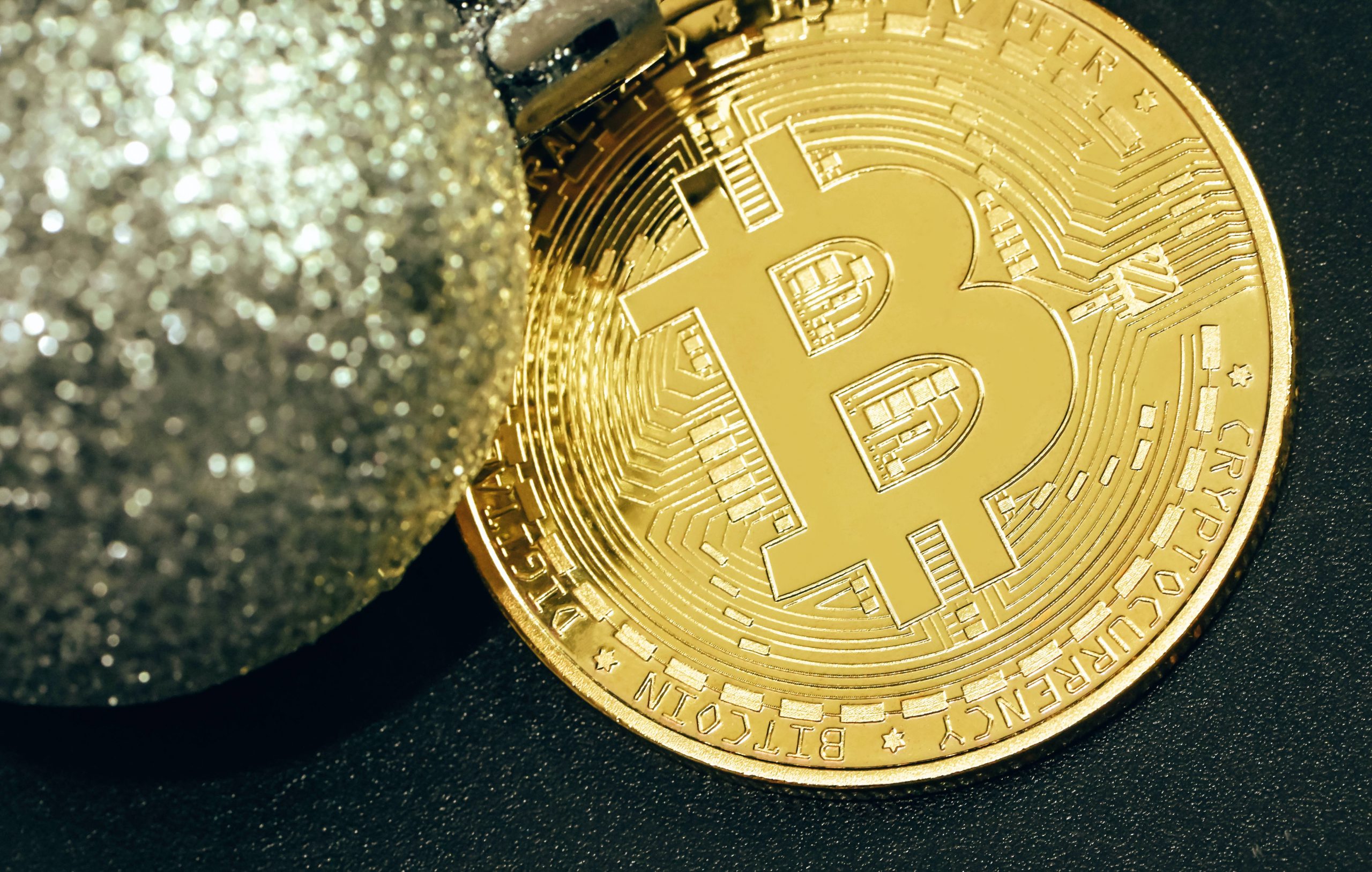There are a lot of parallels between commodities and Bitcoin, so much so, that the Commodity Futures Trading Commission (CFTC) has classified Bitcoin as a commodity. Let’s take a look at some of the key similarities between the two to help you understand why Bitcoin is a commodity.
What Are Commodities?
Commodities are natural resources that can be bought and sold. They are classified as either “hard” commodities or “soft” commodities. Hard commodities are things like metals and minerals, while soft commodities are agricultural products. Both types of commodities are used in a variety of industries, and their prices can fluctuate based on supply and demand. Some examples of commodities include gold, silver, oil, corn, soybeans, and coffee.
What is Bitcoin?
Bitcoin is a digital asset and a payment system that was created in 2009. It is decentralized, meaning it is not subject to government or financial institution control. Bitcoin can be used to buy goods and services, or traded like a commodity or stock.
Bitcoin as “digital gold”
One of the most common comparisons for Bitcoin that it is “digital gold”. This is because Bitcoin and gold share a lot of similarities. Both are scarce, durable, and portable. They are also both used as a store of value and a hedge against inflation.
However, there are some key differences between the two assets. For one, gold is much more abundant than Bitcoin. There are only 21 million Bitcoins that will ever be created, whereas there is no limit to the amount of gold that can be mined. Gold also has a long history as a store of value, whereas Bitcoin is still relatively new.
What Bitcoin and Other Commodities Have in Common
Durable – Both Bitcoin and commodities are durable assets. This means that they can be stored for long periods of time without losing being damaged. Bitcoin will continue to survive as long as the network stays active, and since the network is decentralized, Bitcoin in this comparison is like gold because it’s very hard to destroy.
Portable – Both Bitcoin and commodities are portable, meaning they can be transported from one place to another without much difficulty. Extremely large amounts of Bitcoin can be instantly transmitted all over the world, while for other commodities this is more difficult due to them being physical assets.
Fungible – Bitcoin is a fungible asset that is interchangeable with all other Bitcoin. Commodities such as gold are also fungible, but other commodities such as food can have different qualities and shapes that impact value.
Verifiable – Since all Bitcoin transactions are publicly available on the blockchain, Bitcoin, like commodities, can be easily verified.
The Future of Bitcoin As a Commodity
The CFTC’s decision to classify Bitcoin as a commodity was a big step in legitimizing the digital asset. While it’s still unclear how Bitcoin will develop in the future, calls for further regulation are growing which would mean further protection for investors. The Biden administration’s executive order to develop a national policy on cryptocurrency and digital assets is setting the stage for more regulation and Bitcoin potentially moving away from being defined as a commodity.
Interested in learning more about Bitcoin and digital assets? Visit the Mawson archive.
